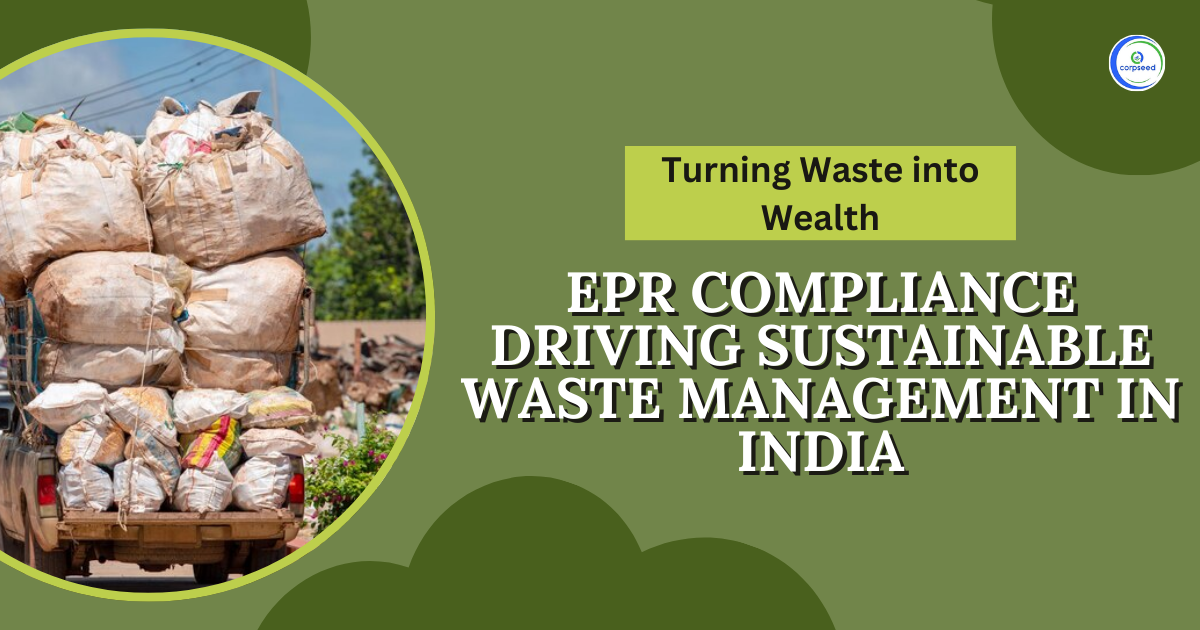In today's world, which is very awareness-driven towards the environment, sustainability assumes a very critical role. Extended Producer Responsibility certification assumes a big role in this initiative. As a concept, EPR extends responsibility to manufacturers for the whole life cycle of their products up to end-of-life disposal. This approach would encourage businesses to design products that can be recycled, be sustainable, and reduce waste while promoting circular economy practices. The implication of EPR helps firms to reduce the impact on the environment by being more resource-efficient, thus showing responsibility toward the environment. With enhanced sensitivity toward the environment, EPR certification aligns business practices with global sustainability goals for the planet's and society's well-being.
Table of Contents
--------------Blog Contact Form-------------
What Is EPR Certification?
EPR certification is carried out as an abbreviation for Extended Producer Responsibility. It is the process that ensures companies take care of products even after they are entirely used up. In this case, the companies are responsible for collecting, recycling, and disposing of all the products and packaging they manufacture. To acquire this status, businesses have to follow some set environmental regulations and have the will to make good progress towards reducing waste on their part and try to make amends for the planet. The Certification under EPR proves that the company is seriously doing its part in waste management and, in turn, heading toward a circular economy, where the products will be reused or recycled. This is an increasingly important consideration, with more governments and groups pushing for better waste management and less environmental damage.
An EPR Certificate is symbolic of much more than a mere paper; it is symbolic of environmental responsibility and sustainability. To business, this implies compliance with legislation, access to markets, enhancement of brand reputation, and achievement of corporate goals in sustainability. For consumers, this gives assurance of responsible management, sustains choices for sustainable development, and enhances transparency and accountability. To the environment, it ascertains the reduction of waste, resource conservation, and promotion of sustainable practices.
Benefits Of EPR Certification
- Waste Reduction: EPR sets the producers designing the product towards easy recycling or disposal, hence reducing waste.
- Resource Efficiency: By encouraging the recycling and reusing of products, EPR takes care of natural resources and reduces the demand for raw materials.
- Cost Savings: This can be through the reduction in waste management costs by effective and efficient reduction of waste and recycling practices.
- Market Opportunities: EPR creates new market opportunities by presenting reused and recycled products and materials, triggering innovation and growth.
- Cost Management for Compliance: Companies that take adequate care of their EPR can be exempt from different fines and penalties for not meeting the compliance requirements.
Why EPR Certificate Is Required?
- Regulatory Compliance: In most jurisdictions, it is obligatory to have an EPR certificate as the best way of ensuring that the majority of the businesses hold activities up to the set standards touching on the environment. In the real sense, the certification portrays a business as adhering to laws designed to reduce impacts on the environment by way of ensuring responsible waste management.
- Waste Management: EPR programs shift responsibility for waste management from consumers and municipalities to producers. At the same time, by acquiring the EPR certificate, organizations prove their responsibility for the end-of-life disposal of their products, which will help in managing waste and reduce environmental pollution.
- Market Access: On some occasions, an EPR certificate is a prerequisite either to gain access to the market or to be part of some trade agreements. It could be demanded for the sale of products within areas that have particularly strict environmental regulations.
- Brand Reputation: Generally, more consumers have become aware of the environment and want to buy from companies with transparent and sustainable processes of production. An EPR certificate could improve any firm's standing among such customers.
- Operational Efficiency: Most of the EPR programs reward industries with incentives for developing designs that extend the life cycle and facilitate the easy recycling of products. This can lead to smoother and more cost-effective operations in the future.
- Risk Management: Compliance with EPR regulations minimizes the risk of penalties and litigation emanating from environmental non-compliance. It also helps to manage the risks related to issues like waste management and its repercussions on the environment.
- Innovation and Improvement: Very often, it is EPR policies that drive product design innovation and material management. New avenues for improvement in the product and process of that business could open up with EPR-certified businesses for a more sustainable environment and, perhaps, a lower financial implication.
Role Of EPR Certificates For Consumers
- Environmental Assurance: Certificates of EPR would give consumers the knowledge that effective measures for mitigation against environmental implications from the life cycle of products enable manufacturers, which will include recycling and disposal in a better way. This further reduces the waste of products. This means that the purchases consumers make support a direct cause to be more sustainable for the environment.
- Transparency: Information provision to the consumer on the environmental footprint of the products and efforts made by the producer to mitigate the impact. This is important because it makes consumers make informed choices, and it selects businesses dedicated to environmental responsibility.
- Proper disposal and recycling will be incentivized: Since most of the EPR systems have financial incentives or obligations for proper disposal and recycling built into the system, the presence of such a feature will ensure better services rendered for waste management and the availability of more recycling facilities would increase, helpful in having a cleaner environment.
- Encouraging sustainable consumption: When customers notice a company behaving responsibly towards environmental conservation by implementing the EPR, they would be lured to purchase products from the brand, and hence the other firms would be encouraged towards the same path.
- Regulatory Compliance: EPR certificate will be imposed to ensure that the producers of the products that are by law part or subject to extended producer responsibility programs conform to the requirements. Compliance would bring in better infrastructure for effective waste management and policy reform, which would ultimately benefit consumers indirectly by way of better community recycling and better waste management services.
Conclusion
EPR certificates are critical to responsible and sustainable product management. This certificate closes the loop between production and post-consumer waste to have the whole product life cycle managed in an environmentally responsible way. As global environmental challenges increase, EPR certificates will be more imperative in furthering the cause of sustainable practices. They not only reduce waste and increase the rate of recycling but are also a move toward compelling businesses to be more sustainable. Getting an EPR certificate is critical to attainment connected with broader environmental objectives and the realization of a more desirable future.
Read Our Blog:
This portion of the site is for informational purposes only. The content is not legal advice. The statements and opinions are the expression of author, not corpseed, and have not been evaluated by corpseed for accuracy, completeness, or changes in the law.
BOOK A FREE CONSULTATION
Get help from an experienced legal adviser. Schedule your consultation at a time that works for you and it's absolutely FREE.


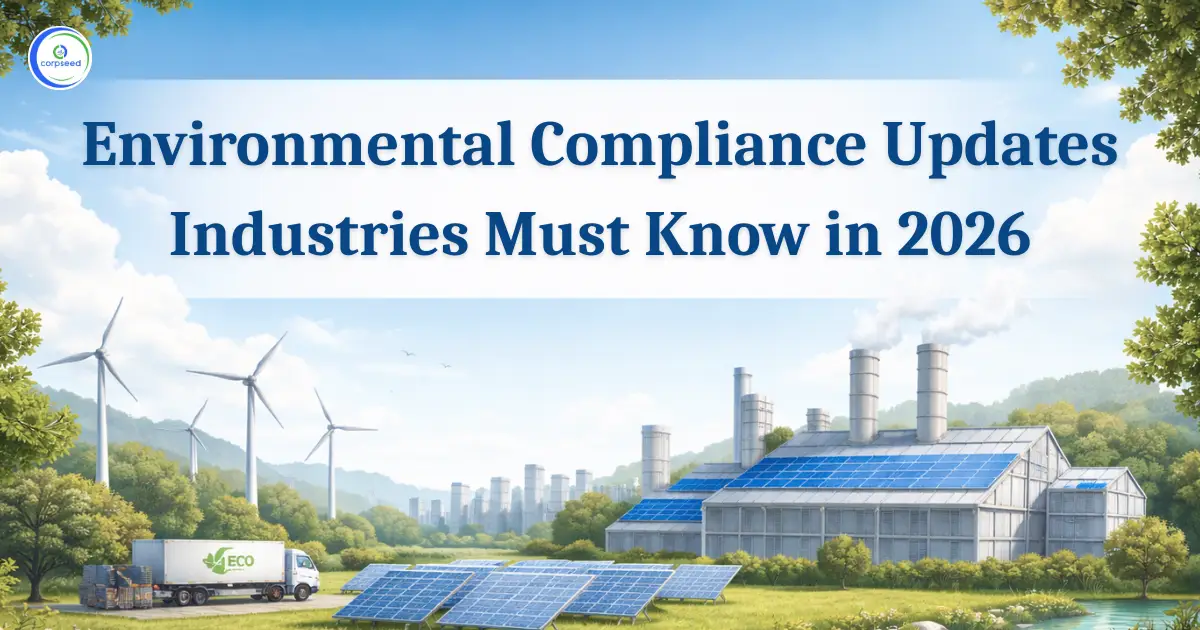
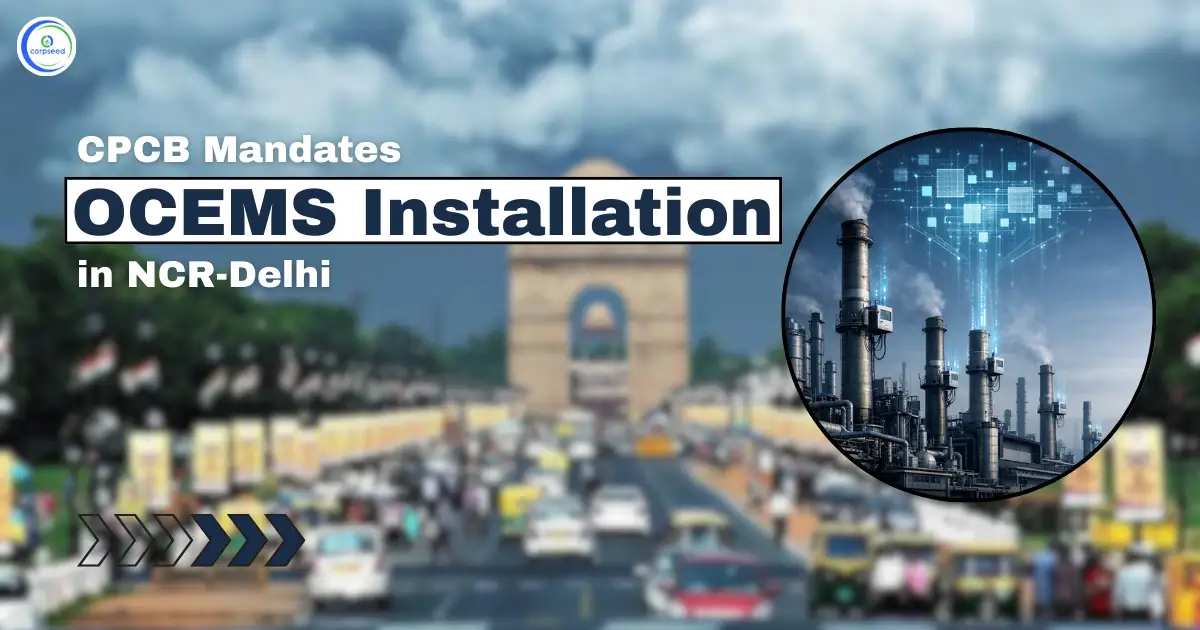
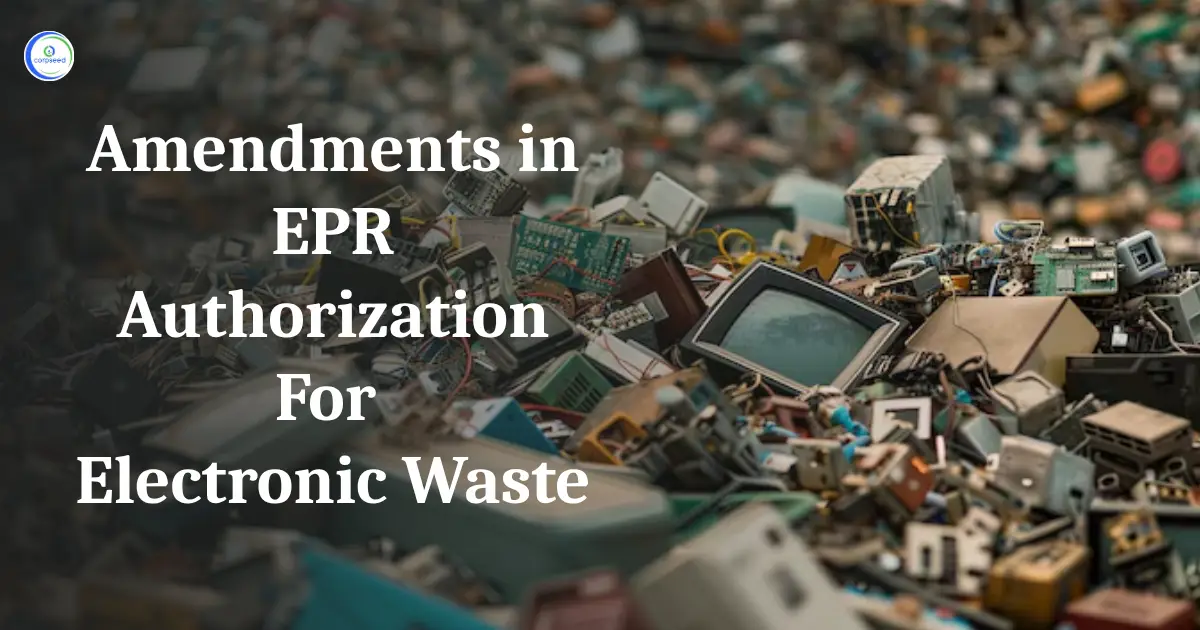
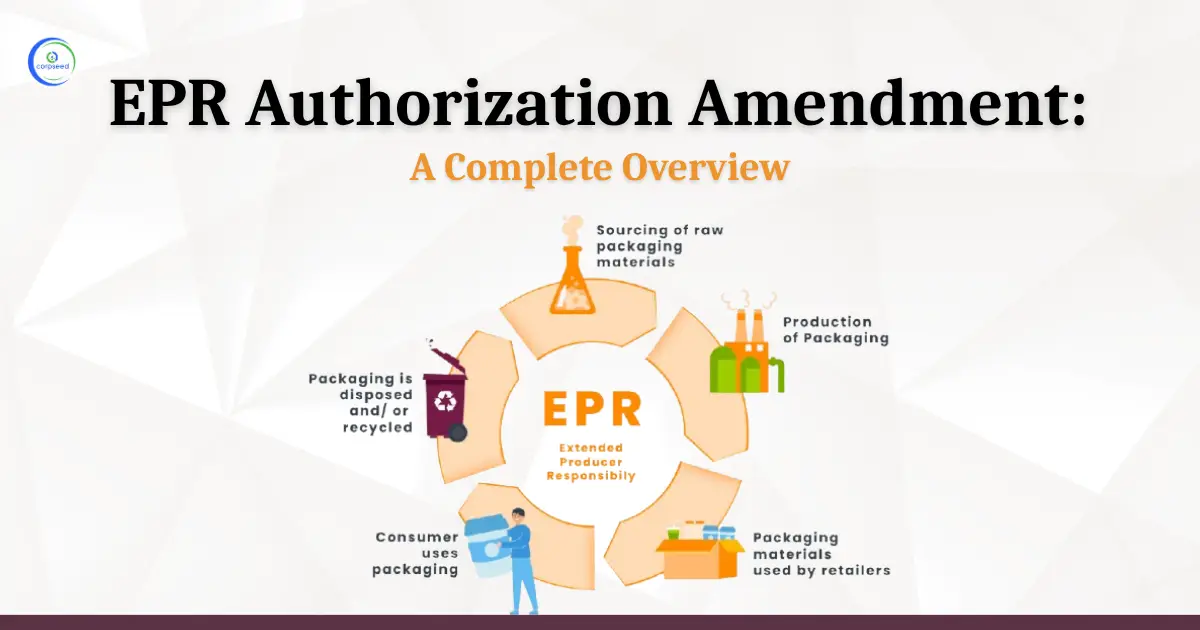
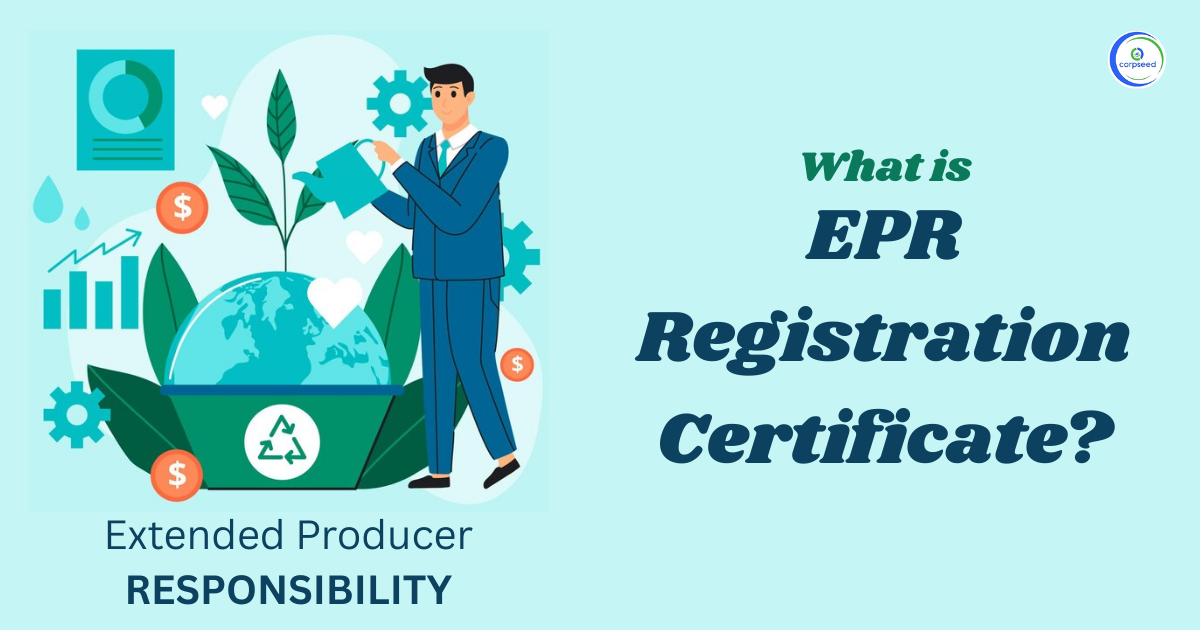
.webp)
